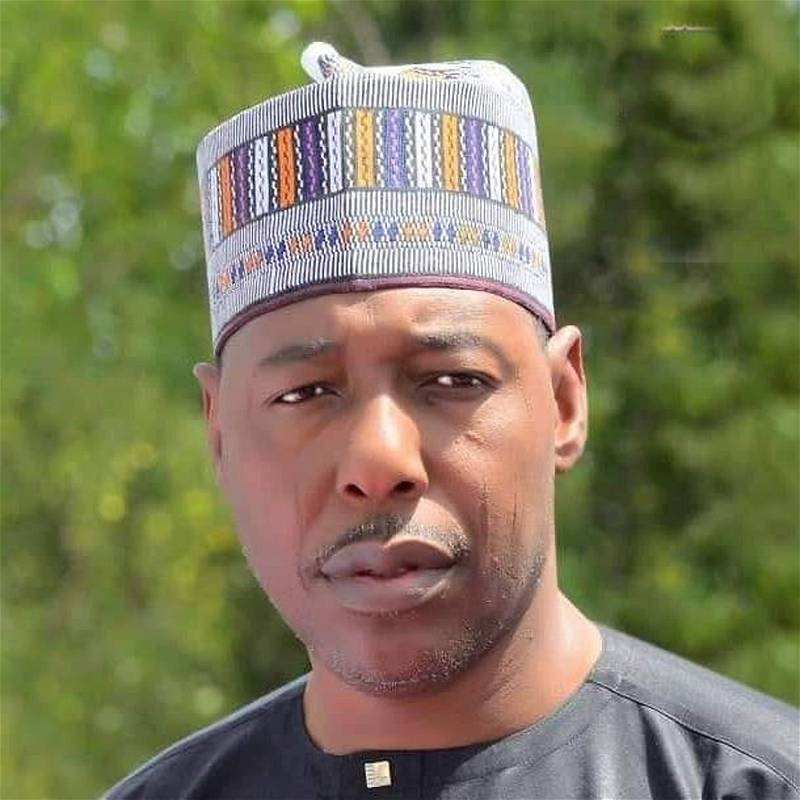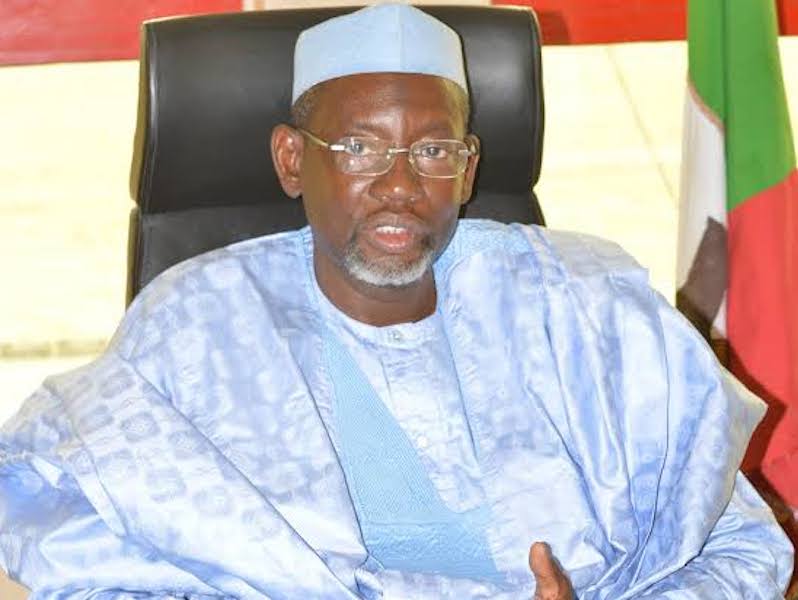“Do not be in a rush to be published. Quality is always better than quantity. Editing is critically important. If your story is set in the 80s make sure your character is not answering GSM phones”.
These words represent part of the lecture, Chinelo Onwualu, a Professional Editor and Guest Lecturer gave in the general class on Saturday,April 13, 2013 at the on-going April Writing Workshops organized by the Abuja Writers Forum (AWF) Onwualu, a former US based Writer did not mince words when she urged Writers to pay great attention to editing as against rushing to get published in her paper titled: The Importance of Editing.
It was the general opening lecture of the day. “New writers tend to think that editing merely means a brief read through for typos and spelling errors. That is the very last thing to do. The best writers re-write and re-write. Too many Nigerian Authors are going into the world of letters
with dreams of instant stardom. For them, it was more important to see their book published than to make sure it is a quality product. They are approaching writing the same way one would approach the selling of second hand shoes with an eye to quick profit and a big launch with a lot of deep pocket donors. They have no desire to go through the pains and hassles of a thorough editorial process. Make sure you are not one of those writers”, Onwualu instructed.
The Editing lecture won the hearts of the local and foreign participants many of whom were professionals in the arts, behavioural science as well as exact science. They all agree that the topic was all relevant. As many of them would later also admit to this Reporter, “getting
quality editing for our works has been as problematic as getting funding for publishing.
Hamdala plaza, on Jimmy carter Street, Asokoro, Abuja has been a be-hive of activities since April 6, when the workshop started. Not that the plaza is ever quiet. No. Apart from the fact that it habours the International Institute of Journalism, (IIJ), a training wing of the Nigerian Union of
Journalists (NUJ), It also houses other businesses. But investigations reveal that the plaza has become much busier since the workshop commenced.
Midway through Onwualu’s lecture, the Director of IIJ and Coordinator of AWF, Dr Emman Usman Shehu, announced that the workshop treats the three genres of literature-Fiction, poetry and drama. And that when the Editing class was over participants will split into syndicates accordingly
“So the drama class is to my right, while the poetry class is just behind us. The fiction class will remain here, he said, gesticulating to indicate the directions he meant. Upon the commencement of the syndicate sessions, organized noise became palpable with each of the classes engaging in incisive intellectual exercises.
This Reporter had an entertaining time in the Drama class for instance, as he watched Anthony Abu, the lecturer paint a scenario and asked the participants to give it shape and rhythm. Indeed the responses were not haphazard. They bore the essential ingredients of a good plot-Events will build upon a conflict situation, get to crescendo and make resolution expedient. The Drama syndicate also witnessed several comedy tests, some verbal, some written.
Abu identified that the comedy variant of Drama could no longer be relegated in literary discourses in Nigeria as a result of the enviable echelon it now occupies. What with the material success contemporary Comedians like Ali Baba, AY, Princess, Julius Agwu, Okey Bakassi, Gbenga Adeyinka, Victor Osuagwu, I Go Die, to mention a few have achieved for themselves!
Almost all the participants in the Drama syndicate affirmed that they may develop movie scripts soon with the knowledge they have acquired at the workshop.
In the informed opinion of this Reporter, this is instructive. Nigeria terribly needs to diversify her economy as a strategy for solving crude oil-induced multifarious socio-cultural problems, reduce unemployment, and boost foreign exchange earnings. In America, entertainment grosses over Six
hundred million dollars annually for her economy. The emerging entertainment industry in Nigeria is a waiting goldmine!
At the poetry class, Dr Shehu demonstrated his known brilliance as he took participants through the whys and wherefores of the genre. Not one to waste words, he took listeners through a crash programme which many admited could last them a life time.
“A poet”, he said “must be extra sensitive. For an ordinary passer by, the usual chaotic situation in Oshodi, Lagos is all noise. But for the poet, the seeming endless chaos, the blaring of horns, music from loud speakers, the haggling over prices, the diatribes over ownership of hawking
spots may well be sweet music”.
It was in this poetry class that this Reporter got a deeper insight into the mode of the workshop. Participant are brought fully in and their works (assignments, tests and published works) used to teach. The Oshodi example was based on a poem by Olumide Olaniyan, a participant which he had earlier on read.
Apart from the sharpening of the intellect, another high point of this workshop was the announcement, just before lunch, to the effect that an Arts enthusiast is sponsoring an
anthology of short stories for participants and members of AWF.
Speaking on phone with this Reporter, the sponsor, Mr. Ogbonwan Nosakhare, a Banker said, “Im doing it in my personal capacity. I am just moved by my interest to contribute to filling the void”.
This announcement drew wide commendation from participants. Lindsey Tulloch, a Canadian says, “One couldn’t be luckier. I will present my short story when screening for the anthology commences. This is an opportunity. I would like to be published in Nigeria”.
The fiction Writer who expressed gratitude to AWF urged the Nigerian government to take advantage of this opportunity( the workshop and the sponsorship) to rally support for writers adding that, “Developing Nations need inputs of their creative minds”.
She also said, “I love Nigerian Writers. I have read Things Fall Apart by Chinua Achebe, Purple Hibiscus by Chimmamanda Ngozi Adiche and Helon Habila’s book”, adding that the applause which greeted the announcement of the sponsorship underscores the pains which Writers in the
developing world go through to get their works published.
What does Julie Ebikwo, a Civil Servant and Novelist think?“ Creative minds should get more organized so they could make inputs to policies affecting their industry. “No doubt, what I have gained here will enhance my writing. I find the sponsorship highly inspiring. It is an impetus not just for us but also for the government”, she enthused.
One of the Instructors at the Workshop, Mr Bob Majiri Oghene is to join Chinelo Onwualu in editing the Anthology. The workshop which spices its lunch breaks with musical entertainment is ending on April 27, 2013.




